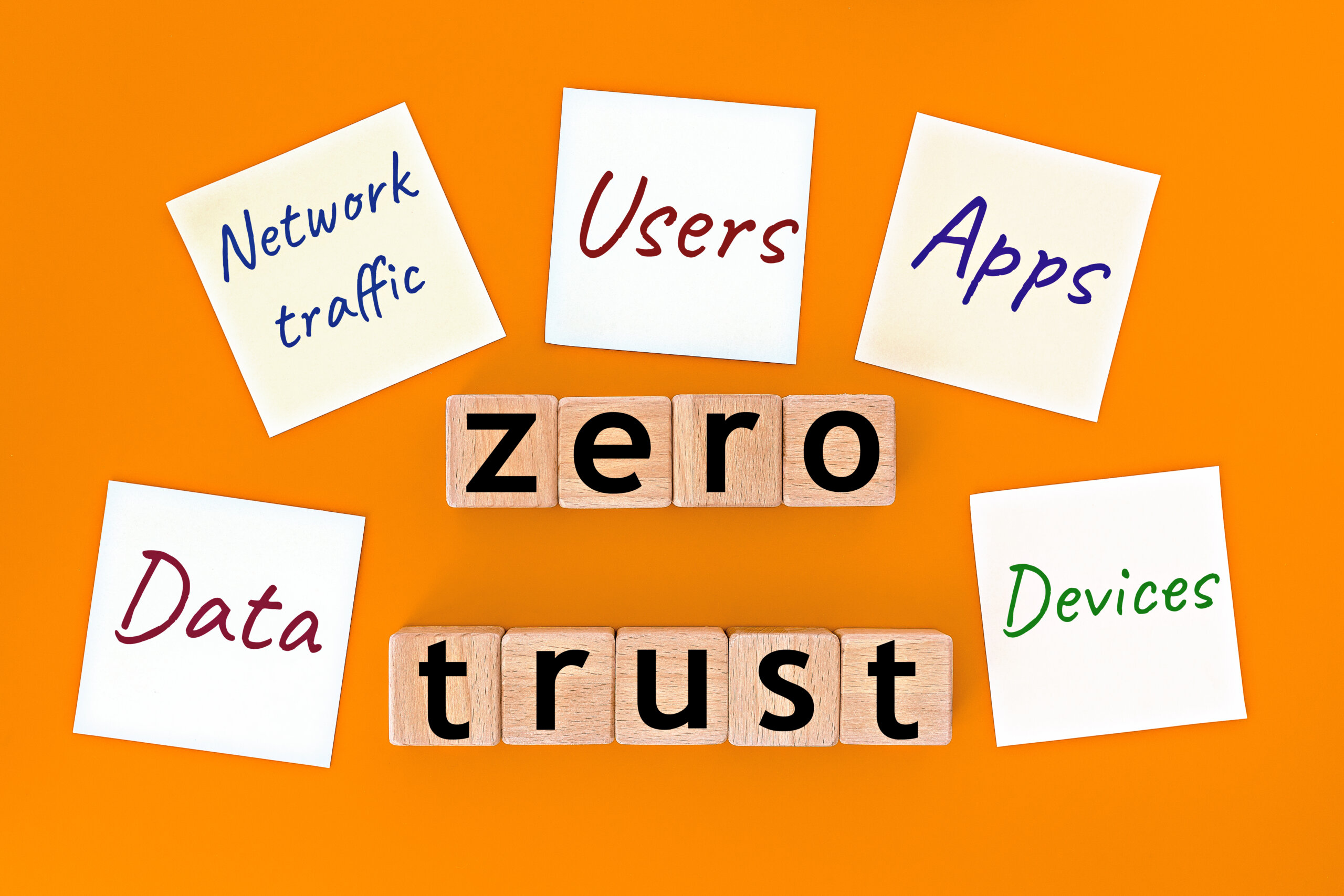
Mastering cloud security: Exploring Google Cloud Security certification in a dynamic landscape
In the realm of cloud computing, Google is determined to stand shoulder-to-shoulder with industry giants such as Amazon Web Services (AWS) and Microsoft Azure. To strengthen its position, Google has heavily invested in enhancing the capabilities of its Google Cloud platform, with a special emphasis on robust security measures. One way they demonstrate their commitment to security is through the Google Cloud Security certification, designed to educate and validate the skills of professionals working in this constantly evolving domain.
The cloud computing landscape is as dynamic as it is vast. As innovation accelerates and new tools and services emerge, Gartner predicts worldwide public cloud end-user spending will reach US$600 billion in 2023. This exhilarating, promising, and sometimes overwhelming sector continues to evolve.
As organizations increasingly adopt cloud computing, IT leaders underscore the importance of data protection and interoperability/openness when selecting a cloud provider. These factors are crucial in safeguarding sensitive data and facilitating seamless communication and collaboration between systems across various platforms.
In 2023, cybersecurity has risen to the forefront as the primary investment priority for businesses. The intensifying complexity of cyber threats and an expanding reliance on digital infrastructure necessitate organizations to focus on implementing robust security measures. This growing emphasis on cybersecurity underscores the need for cloud providers to supply comprehensive and advanced security solutions, highlighting the value of certifications such as the Google Cloud Security Certification in verifying and demonstrating expertise in this vital domain.
The benefits of Google Cloud Security certification
The certification offers numerous advantages for organizations and professionals across various contexts. Investing in this certification for employees leads to enhanced security practices within the cloud infrastructure, as certified professionals possess the expertise to implement and maintain robust security controls, safeguarding sensitive data and applications.
These certified experts can also help organizations comply with industry-specific regulations like GDPR, HIPAA, and PCI DSS by implementing appropriate security measures on the Google Cloud Platform (GCP). During cloud migration, the knowledge and skills of these professionals ensure a secure transition, as they can identify vulnerabilities and apply best practices to mitigate risks throughout the process.
Furthermore, in a security breach, certified professionals can effectively respond to and manage the situation, thereby minimizing the impact on the organization’s infrastructure and reputation.
The Google Cloud Security certification is evolving in response to emerging technologies that impact security requirements. Key technologies include AI and ML, which are becoming essential cloud infrastructure components, introducing new security risks. Certified professionals must be equipped to protect AI/ML models and data while ensuring their ethical and responsible use.
Another important aspect is the increasing popularity of zero-trust security models, which focus on continuously verifying identities and access permissions. Certified professionals should proficiently implement these principles within the Google Cloud ecosystem.

Source – Shutterstock
Finally, with the growing adoption of containerization and microservices, certified professionals must be skilled in securing containerized applications, managing systems like Kubernetes, and implementing appropriate security controls for microservices.
By adapting and updating its content to address these emerging technologies, the Google Cloud Security certification maintains its relevance and value in the rapidly changing world of cloud security.
Difference between Google, AWS, and Microsoft
When comparing the Google Cloud Security certification to other popular certifications like AWS Certified Security and Azure Security Engineer, it’s crucial to consider each certification’s unique aspects. Some key differences include:
- Platform specificity: Each certification caters to a particular cloud platform, with the Google Cloud Security Certification focusing on Google Cloud Platform (GCP), AWS Certified Security on Amazon Web Services (AWS), and Azure Security Engineer on Microsoft Azure. Although some security concepts might be common, each certification imparts knowledge and skills specific to its platform.
- Certification levels and exam structure: The Google Cloud Security certification is part of the Google Cloud Professional certification track, while AWS Certified Security is a Specialty level certification within the AWS Certification Program, requiring at least one Associate level certification. Azure Security Engineer is an associate-level certification in the Microsoft Certified: Azure Security Engineer Associate track.
- Distinct security features and tools: Each cloud provider offers unique security features and tools. The Google Cloud Security certification covers GCP-specific tools and services, while AWS Certified Security focuses on AWS-specific security services, and Azure Security Engineer emphasizes Azure-specific security services.
Professionals should consider their career goals, their organization’s cloud platform, and specific security needs when deciding which certification to pursue, as each provides unique benefits and insights into the security aspects of their respective platforms. Ultimately, the choice of certification will depend on individual preferences and the specific requirements of the organization and its chosen cloud platform.
READ MORE
- Strategies for Democratizing GenAI
- The criticality of endpoint management in cybersecurity and operations
- Ethical AI: The renewed importance of safeguarding data and customer privacy in Generative AI applications
- How Japan balances AI-driven opportunities with cybersecurity needs
- Deploying SASE: Benchmarking your approach


